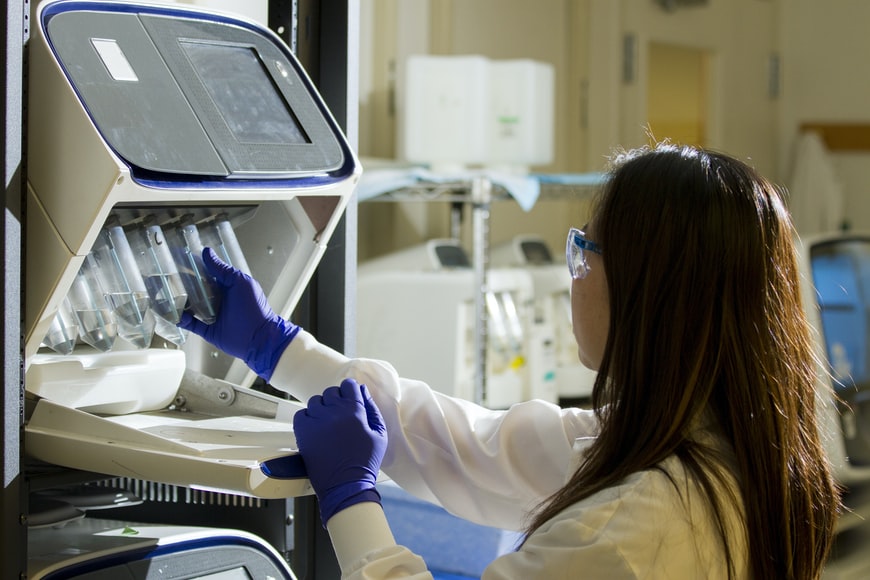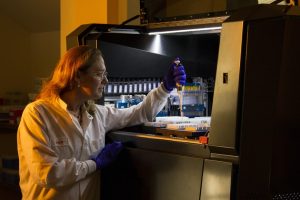
The Top Research Developments in Healthcare
Here are the top research developments in healthcare. Tune in to find out.
Top Research Developments in Healthcare
Doctors and Patients Harness Information Technology
With the continuing growth in information technology, healthcare providers are increasingly looking to take advantage of the data generated in physicians’ offices and hospitals.
The information is used to improve patient care, reduce costs and, in some cases, even eliminate redundant procedures.
The CT scan is one of the most important pieces of medical technology in use today.
The computerized tomography (CT) scanner is capable of analyzing multiple internal organs at once, producing detailed cross-sectional images. But this technology has limitations.
The imaging process can be time-consuming and exposes the patient to potentially harmful radiation.
Recently, however, scientists have developed an alternative way of producing three-dimensional images without exposing the patient to damaging radiation.
Better Heart Disease Treatment
Researchers are studying ways to improve treatment for heart disease.
If successful, these efforts could lead to more effective drugs that don’t have some of the life-threatening side effects of current medications.
A new technique for treating an aortic aneurysm, a weakening of the aorta, a major artery that carries blood from the heart to the rest of the body, may lead to less invasive surgery and improved outcomes.
The procedure involves using a small graft made of a synthetic material called polytetrafluoroethylene (PTFE) to repair weakened areas of the aorta.
Early studies show that this method is safe and effective. Researchers hope that, over time, the PTFE graft will be able to replace all surgical repairs for aortic aneurysms.
Laboratory Breakthroughs and Some Clinical Advances
Researchers continue to make progress in understanding and treating heart disease.
Scientists have recently discovered that a protein called tumor necrosis factor (TNF) may play a role in atherosclerosis, the hardening of the arteries that can lead to heart attack or stroke.
Based on this finding, scientists are developing antibodies that block the action of TNF. They hope that these new drugs will prevent plaque buildup in arteries.
The fight against cancer is also progressing. Scientists are studying two promising new approaches for fighting cancer-killing tumors with tiny beads and using chemicals to identify cancerous cells.
Researchers have identified a protein on the surface of certain cancer cells that may be able to seek out and kill tumors.
Targeted Therapies for Cancer
Researchers are also working on new ways to treat cancer.
Some of these developments are aimed at improving the effectiveness of chemotherapy.
These efforts include developing targeted therapy drugs, or drugs that can direct their toxic side effects toward cancer cells.
Researchers are also looking for new ways to increase the effect of chemotherapy.
One promising approach involves using monoclonal antibodies— antibodies that are designed specifically to target cancer cells—to deliver chemotherapy directly to tumors.
Researchers are also experimenting with new drugs that can block growth factors that keep cancer cells alive.
Conclusion
The above developments are the top research developments in healthcare.
From these, we can see that there are many ways to improve healthcare. At the same time, we must also be aware of the risks and side effects.

